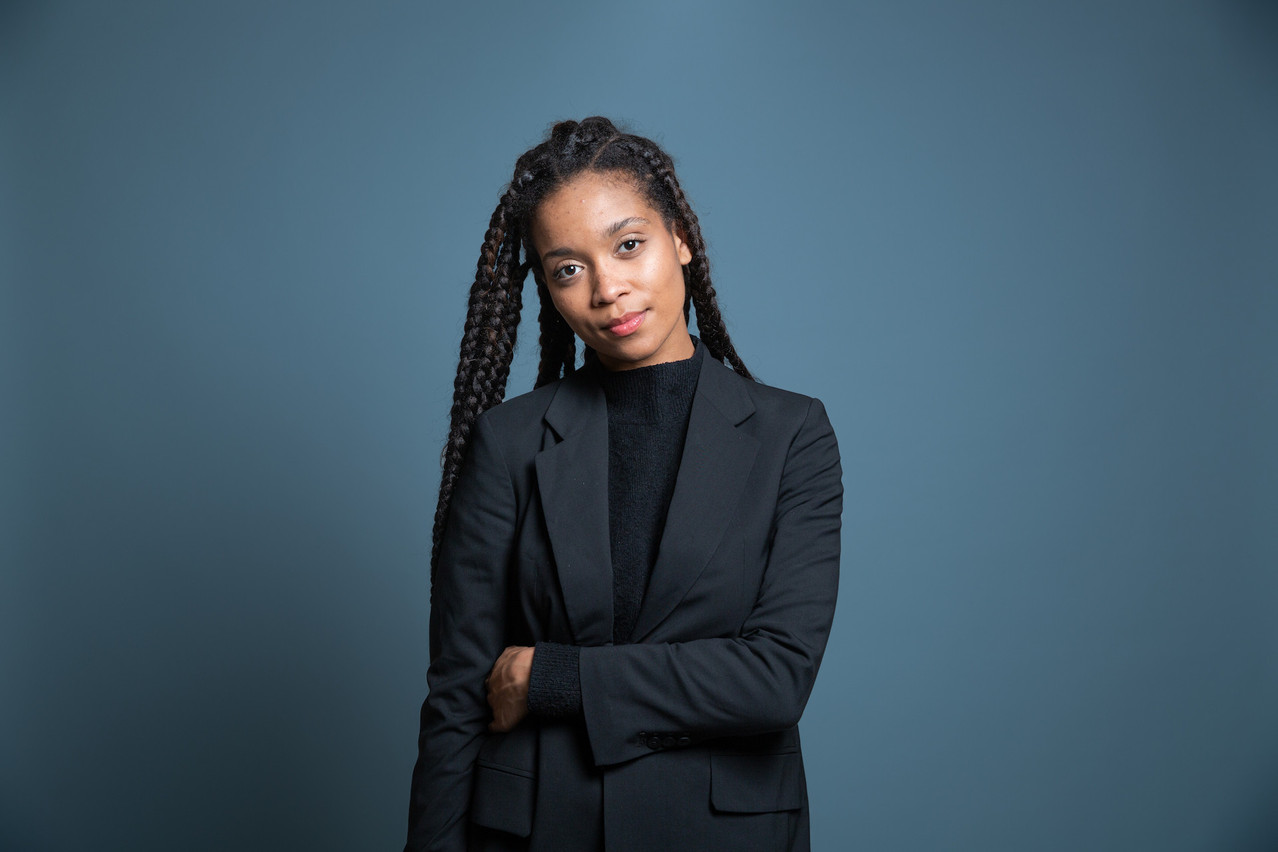Jana Degrott is a busy woman. Initial attempts to meet for an interview in early December are tricky as her agenda is filled with a flurry of activity.
As a vocal activist and the presenter and producer of the Wat Leeft? web chat series for local online newspaper Journal, and also a local councillor for the DP in Steinsel, Degrott has been on the Delano radar as a potential interview subject for several months. So when she was nominated to become an advisor at the Apolitical foundation the time seems perfect to speak with the 26-year-old.
Then, when we finally do pin down a date. she is called to jump in for a We Belong colleague who has covid at the World Innovation Summit for Education in Qatar. We postpone to early January.
But this proves fortuitous as, by the time we do eventually meet, she has been selected for the Obama Foundation leaders programme – an acknowledgement that puts Degrott in heavy demand with the Luxembourg media (she has recently been on the cover of both Le Quotidien and Revue).
The older I get, the more I realise how important it is to have this intersectional approach to policy making, because policies affect people differently.
Elegant and eloquent, Degrott is easy to talk to but doesn’t mince her words when talking about inequality and youth politics. “I've been advocating for young voices in political decision making since I was 16,” she explains. “The older I get, the more I realise how important it is to have this intersectional approach to policy making, because policies affect people differently. If you're a disabled person, public transport policy will affect you differently. So, it's important to be at the table where the decisions are taken to get your experience and your views across.” She believes that more diversity and better representation of minorities in politics can only lead to better policy decisions. “In Luxembourg, we keep on saying ‘we live diversity’. Yes, we have diversity, but it's not represented.”
Representation is a common theme of the Wat Leeft? web chat series she produces for the Journal. Degrott is not afraid to say that while the show is apolitical, she does want to “force” diversity in terms of selecting the subject and her guests. She hopes that by inviting guests from the broadest sections of society here in the grand duchy, other journalists may be inspired to find more diverse guests when it comes to tackling a variety of topics.
Role models
As for her own role as presenter, Degrott thinks I think it may give people hope. “If they see it they can become it--that’s really my mantra,” she explains. “I always had a big mouth and wanted to be on the big stage. But people have questioned if it's the right path for me, even from close circles and family. Not because they don't believe in me, but maybe because they don't see people like me doing this sort of thing.”
As a youngster Degrott looked up to Monica Semedo, the child TV star who became a presenter on RTL and is now one of Luxembourg’s six MEPs. And while she says that Michelle Obama was a sort of role model, Degrott missed having more people to look up to in Luxembourg or the EU. Now, as well as Semedo, she is an admirer of Samira Rafaela, the Dutch MEP for Renew Europe, whom she finds inspirational. “And this is what I want to change with We Belong Europe, to create this new pool of role models.”
There is definitely systematic and institutional racism
But the grand duchy is always held up as a multicultural society. so is there systematic racism in Luxembourg, I ask. “There is definitely systematic and institutional racism,” she says without hesitation. After she was elected to Steinsel council started for the DP in 2018, Degrott started mentoring young black girls. “Because I realised that they have a real doubt about their capacities, and they don't know what to do in life. They think they are inferior.”
One of her mentees had some truly horrible experiences at school. Students told her in a WhatsApp chat that someone had purchased her like a slave. “They were using the N-word and really bad racism.” But the school took no action and the girl felt so uncomfortable that she changed school. Then in her new school she witnessed a theatre performance in which some cast were in black face. But even when she brought this up with the head of the school, nothing happened. “So, because I have access to these spaces, I took the responsibility. Even if I get some haters, it's okay. I need to be true to myself. And I want to stand up for those that do not necessarily have a voice and have no visibility.”
A version of this interview first appeared in the


